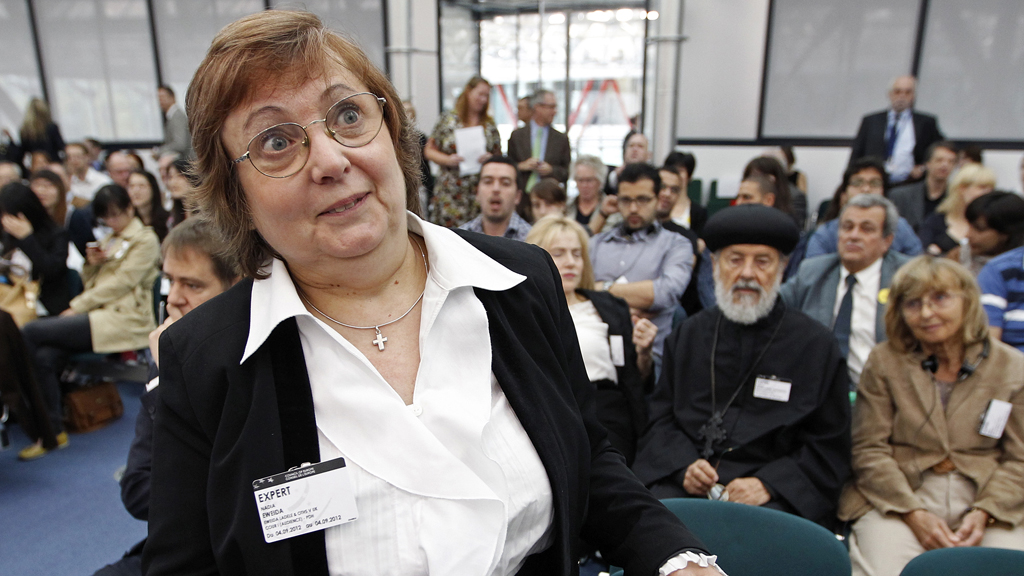BA employee wins religious discrimination case
In a landmark legal case, the European Court of Human Rights rules that British Airways discriminated against its employee Nadia Eweida by making her stop wearing a cross around her neck.

Nadia Eweida, 60, took the airline to a tribunal after she was forced out of her job for wearing a cross in breach of company uniform codes.
Her case was rejected in Britain but judges at the European Court of Human Rights (ECHR) on Tuesday found in her favour.
However judges ruled against three more Christians who launched similar action: Shirley Chaplin, 57, also took her employers to the ECHR for preventing her wearing a cross necklace, Gary McFarlane, who was fired for saying he would have a problem giving sex therapy to gay couples, and registrar Lillian Ladele, who refused to conduct civil gay partnerships and was subsequently disciplined.
The four Christians said their employers’ actions were against articles nine and 14 of the European Convention on Human Rights, which protects people’s rights to “freedom of thought, conscience and religion”.
Ms Eweida, from Twickenham, south west London, was sent home in September 2006 for displaying a small silver cross on a chain around her neck which she wore as a personal expression of her faith.
She took British Airways (BA) to a tribunal but a panel rejected her claims and ruled she was not a victim of religious discrimination. The decision was upheld by The Court of Appeal and the Supreme Court before Ms Eweida took her fight to the ECHR.
Lawyers for the government, which contested the claim, argued her rights were only protected in private. But judges today ruled there had been a violation of article nine (freedom of religion), by five votes to two.
Ms Eweida returned to work in customer services at Heathrow Airport’s Terminal 5 in February 2007, after BA changed its uniform policy on visible items of jewellery.